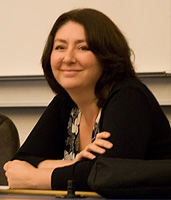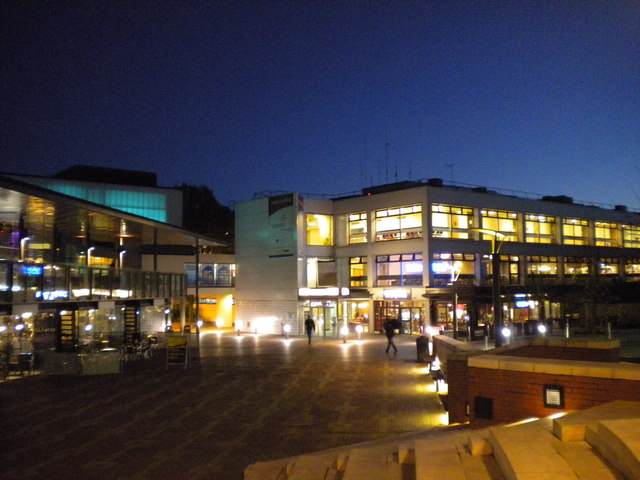 Warwick University found itself at the centre of a storm in late September and early October as it first refused and then permitted to speak, a vocal ex-Muslim and human rights campaigner. Maryam Namazie had originally been invited to speak by Warwick Atheists, Secularists and Humanists Society but the Student Union body blocked the moving saying it “could break the external speaker policy”.
Warwick University found itself at the centre of a storm in late September and early October as it first refused and then permitted to speak, a vocal ex-Muslim and human rights campaigner. Maryam Namazie had originally been invited to speak by Warwick Atheists, Secularists and Humanists Society but the Student Union body blocked the moving saying it “could break the external speaker policy”.
Maryam Namazie was born in Iran and today is a well-known secularist, co-founder of The Council of Ex-Muslims and represents many other human rights groups. She left Iran in the 1980s and has lived in the US, Canada and now Britain where she has been a harsh critic of both political Islam and cultural relativism.
“Highly Inflammatory”
The Student Union launched an investigation and found several issues of concern, blocking the speaker on the grounds that articles written by her and previous speeches were “highly inflammatory” and “could lead to hate crimes on campus”. The group who invited her to speak, stating that free speech to criticise the practices of any religion should not be silenced.
Warwick Atheists, Secularists and Humanists Society immediately launched an appeal against the decision to ban Maryam Namazie from speaking. Namazie herself spoke out, saying ““The student union seems to lack an understanding of the difference between criticising religion, an idea or a far-right political movement on the one hand and attacking and inciting hate against people on the other.”
The ban led to a debate in the wider media about speaking platforms in universities, and about censorship. Both The British Humanist Society and National Secular Society were involved and a petition to have Maryam Namazie reinstated as a speaker was launched.

Capitulation
The petition and the campaign went viral very quickly and University of Warwick was forced to reconsider its position. It led to debates about the difference between criticising Islam and criticising Islamism, and also to what extent people should be permitted freedom of speech, particularly in relation to recounting their own experiences after leaving any religion or religious regime.
National Secular Society reported the story quickly and backed the campaign to have the speech reinstated. High profile critics such as Professor Brian Cox, Salman Rushdie, Richard Dawkins and Ben Goldacre made their feelings clear about the campaign and within a couple of days, the Student Union overturned the ban.
There remain ongoing concerns at Warwick and other universities; many have policies that speakers who “criticise others faith” are not welcome on campus. There are genuine fears that these rules are being abused to protect religion against valid criticism. Critics of these policies point out that criticising a religious belief and inspiring hate is not the same thing, and criticism of politicisation of religion and human rights abuses does not equal hate speech. Free speech campaigners feel that universities should be a place for debate and discussion.